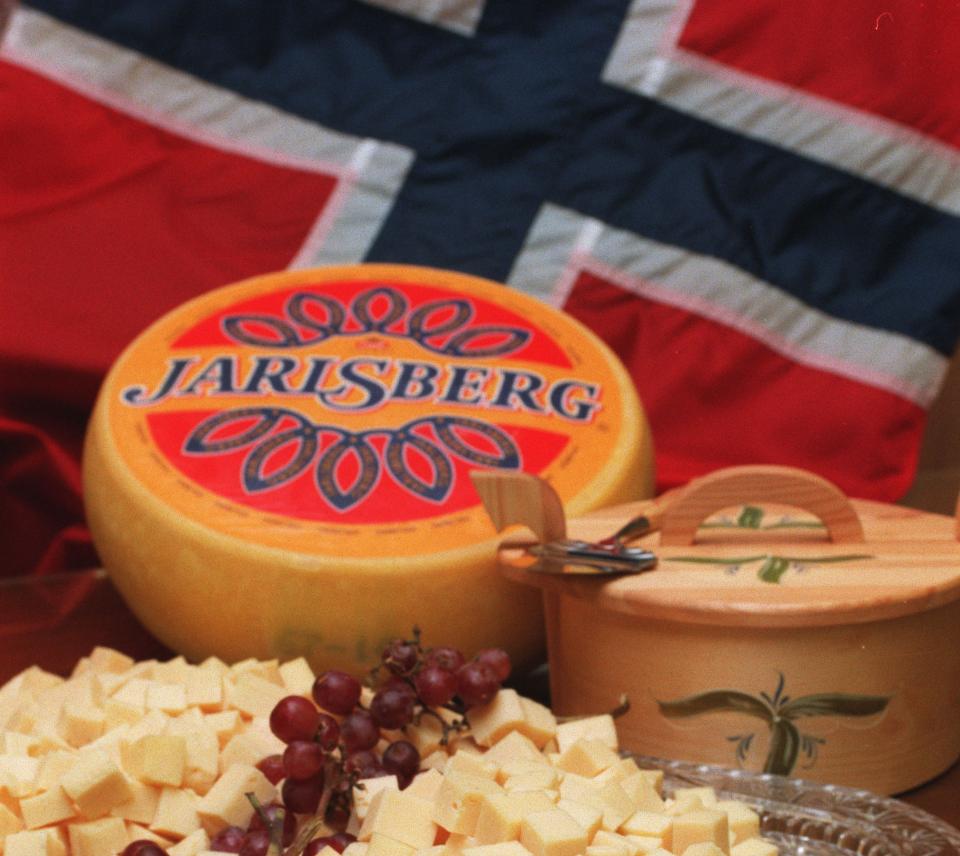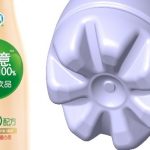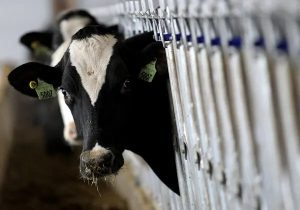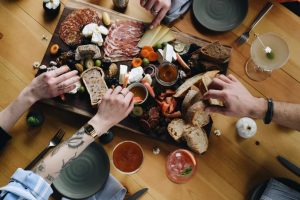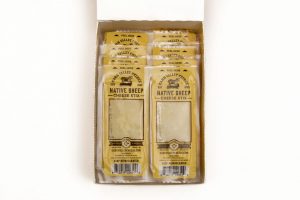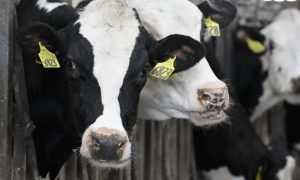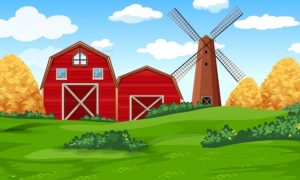
The change comes as the 2015 decision by the country’s center-right coalition government to end agricultural export subsidies comes into force.
For years, consumers all across the world have been able to enjoy Jarlsberg cheese at prices far less than their Norwegian counterparts. Known for its distinctive rubbery texture, nutty taste and large holes, Jarlsberg is a particular favorite in the U.S. Exports to the U.S. currently account for up to 50% of global exports.
But with the end of agricultural export subsidies, Jarlsberg’s owner Tine is unable to continue making cheese in Norway for export without a considerable price hike. While the cheese will still be made in Norway for domestic sales, a factory in Ireland will now manufacture the cheese for international sales.
Following an international trend on export subsidies
Norwegian farming is one of the most restrictive agricultural environments in the world. Cheese exports were unusual amid the restrictive tolls, wholesale price control and comprehensive financial subsidies laid down by Norwegian authorities.
Generally speaking, the use of export subsidies is banned by the World Trade Organization (WTO), but exceptions are made for specific products in certain circumstances. Norway, Canada and New Zealand are among the few nations that enjoyed exceptions. But following pressure from the WTO, the Norwegian government chose to end the subsidy on cheese exports.
Then Minister of Agriculture and Food Sylvi Listhaug said at the time that the Norwegian taxpayer subsidizes Jarlsberg cheese sold abroad by approximately $14 million every year. “It is too early to say,what changes this will lead to in the industry, but it is important that the industry adapts to a situation that we have anticipated for some time,” said Listhaug. The Minister had suggested that Tine could use surplus milk to develop new products in demand among Norwegian consumers.
Norwegian farmers to feel the impact
Instead, Tine has announced it will cut up to 400 jobs, with discussions about the specific positions to be cut beginning later this month. The cost-cutting measures will see an 8-10% drop in milk production and a considerable drop in income for dairy farmers, according to the company.
In a statement, Tine chairwoman Marit Haugen termed the loss of exports along with changes in consumption patterns and strong import growth a “severe combination for Norwegian dairy production.”
NRK economics correspondent Cecilie Langum Becker said Norwegian dairy farmers would be hit on two fronts, because they collectively own Tine through a cooperative. Currently the Tine group has 11,400 owners and 9,000 cooperative farms.
“Each year they are paid a share of the profits based on how much milk they have delivered during the year. If Tine fails to improve its competitiveness, Norwegian dairy farmers will thus be hit twice, both through lower profits from Tine and through reduced sales of milk to Tine,” said Becker.
Geir Pollestad, spokesperson for Norway’s pro-agriculture Center Party, told Nettavisen that it’s up to Tine and the Norwegian farmers to decide what measures are necessary to secure the company’s future. But he also took aim at the lack of action from the government: “When it was decided that the export subsidies to Jarlsberg cheese would be removed, Parliament decided that mitigation measures would be taken. The government has not followed that up.”
